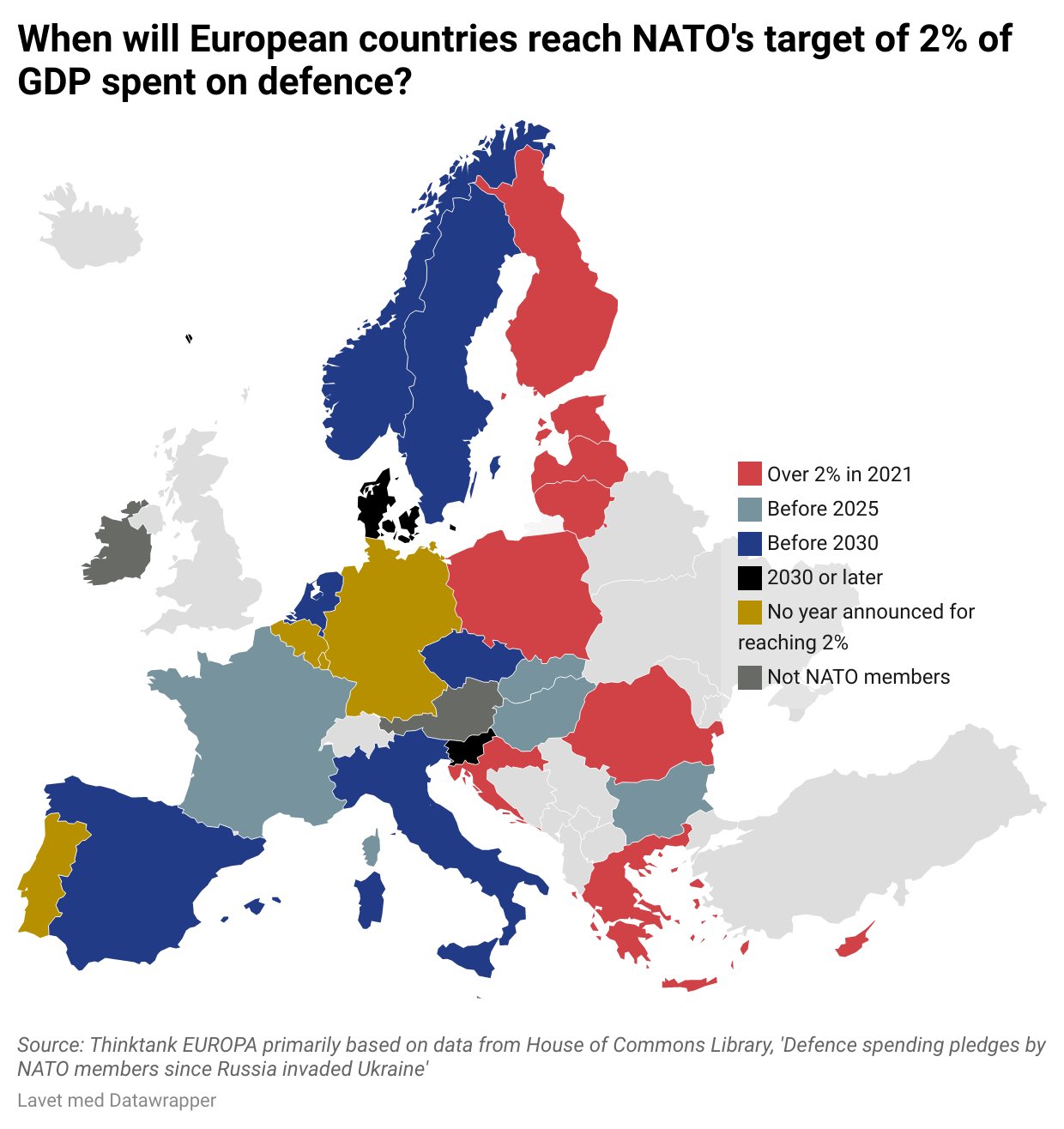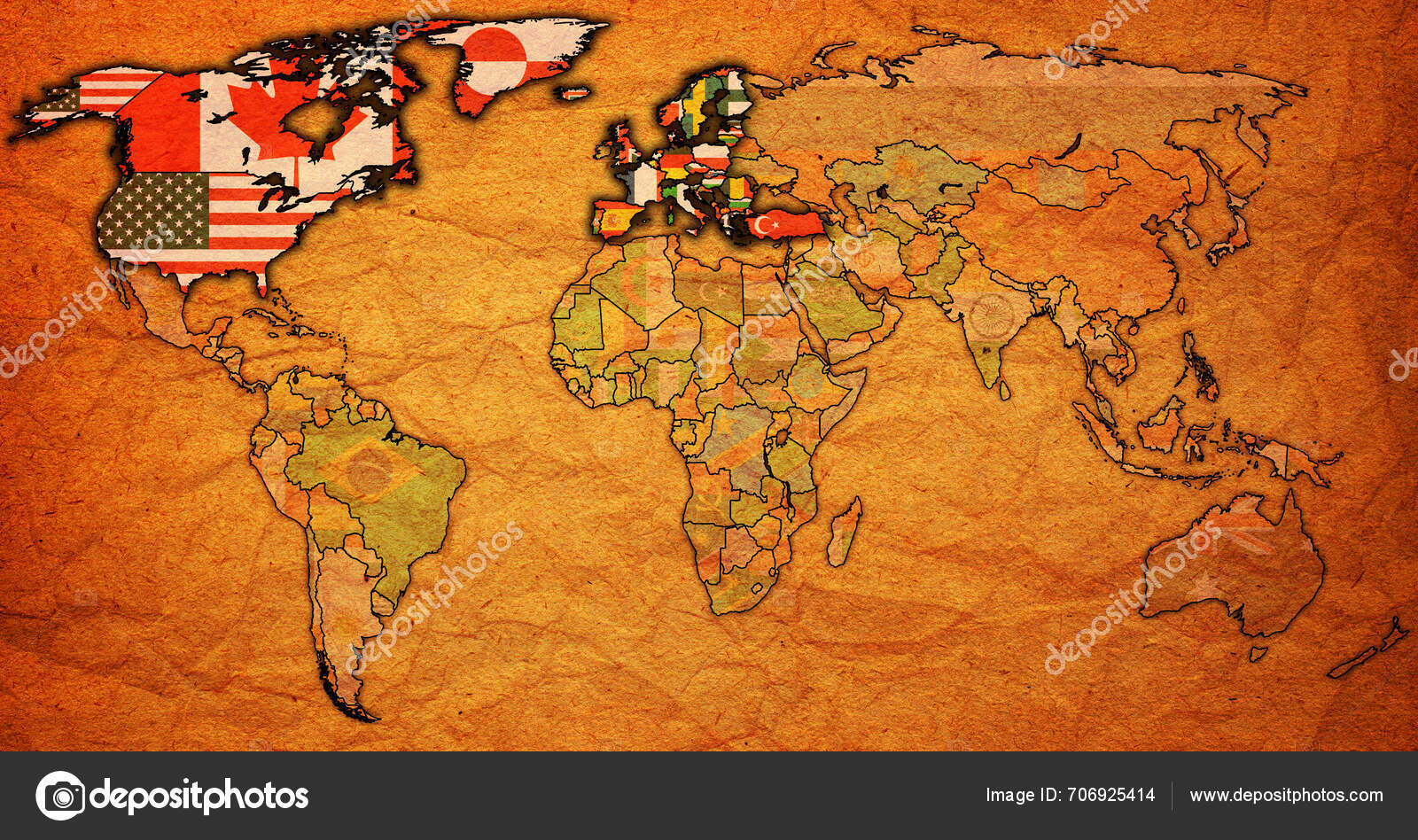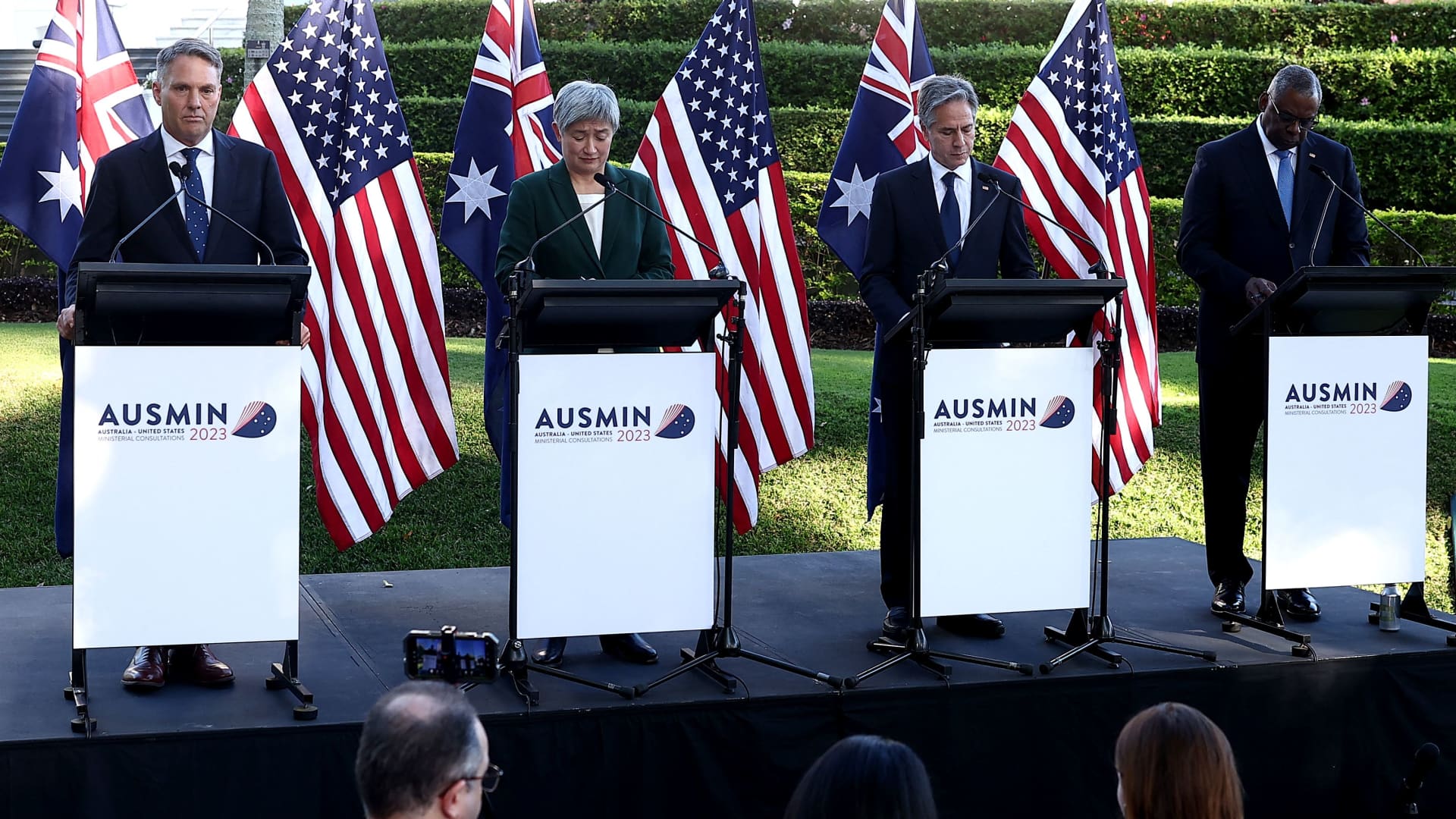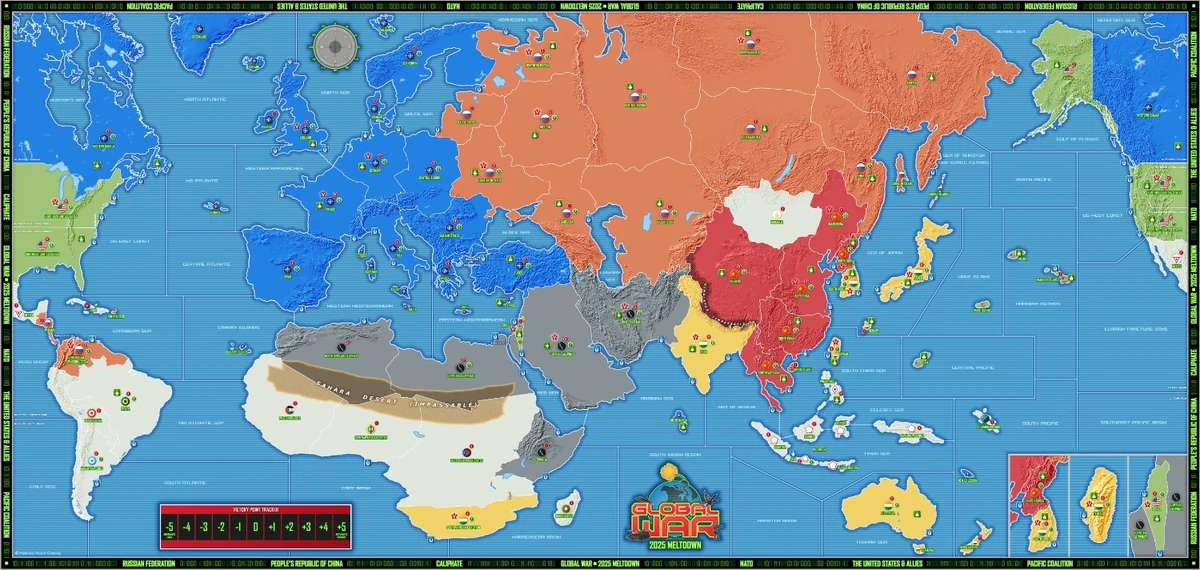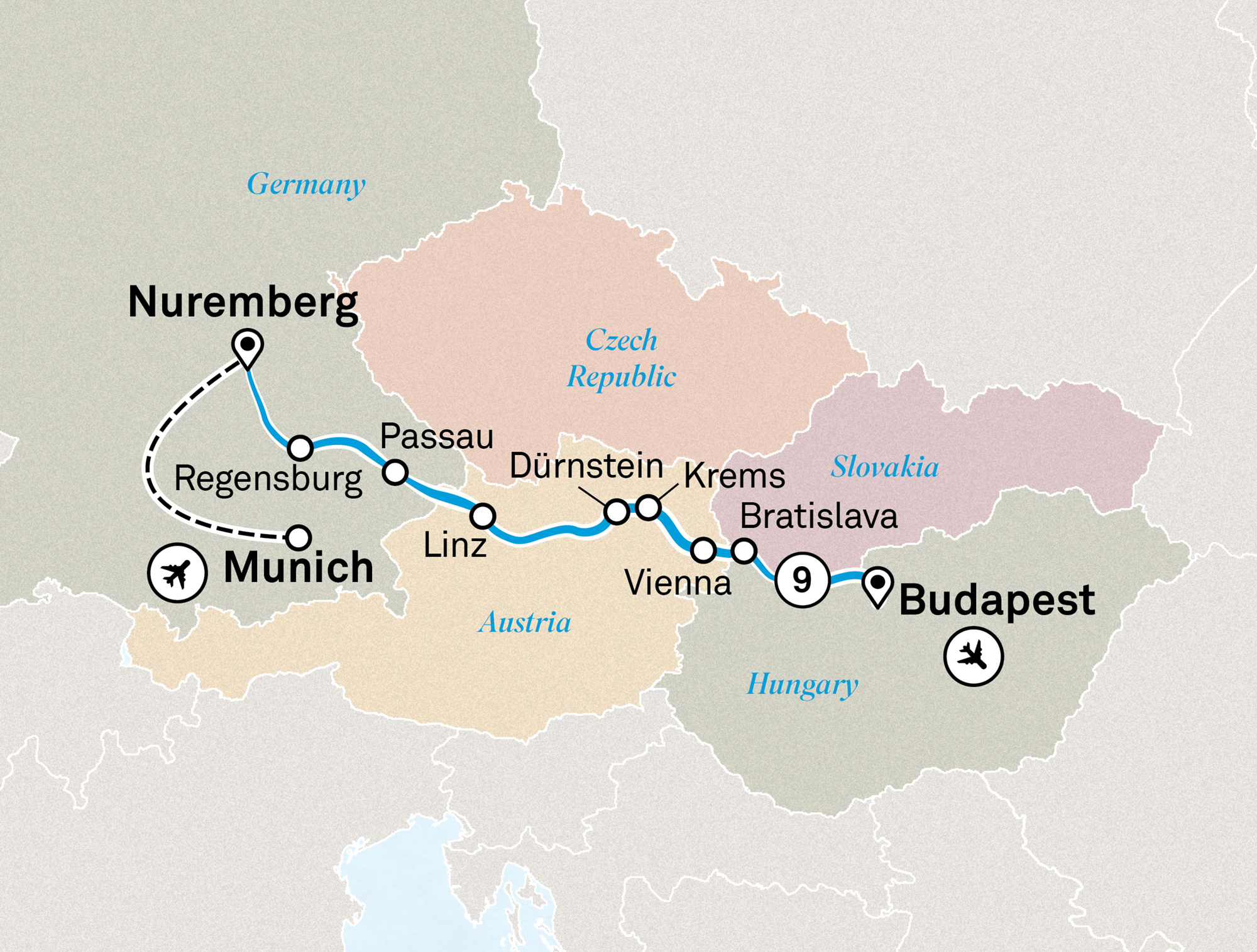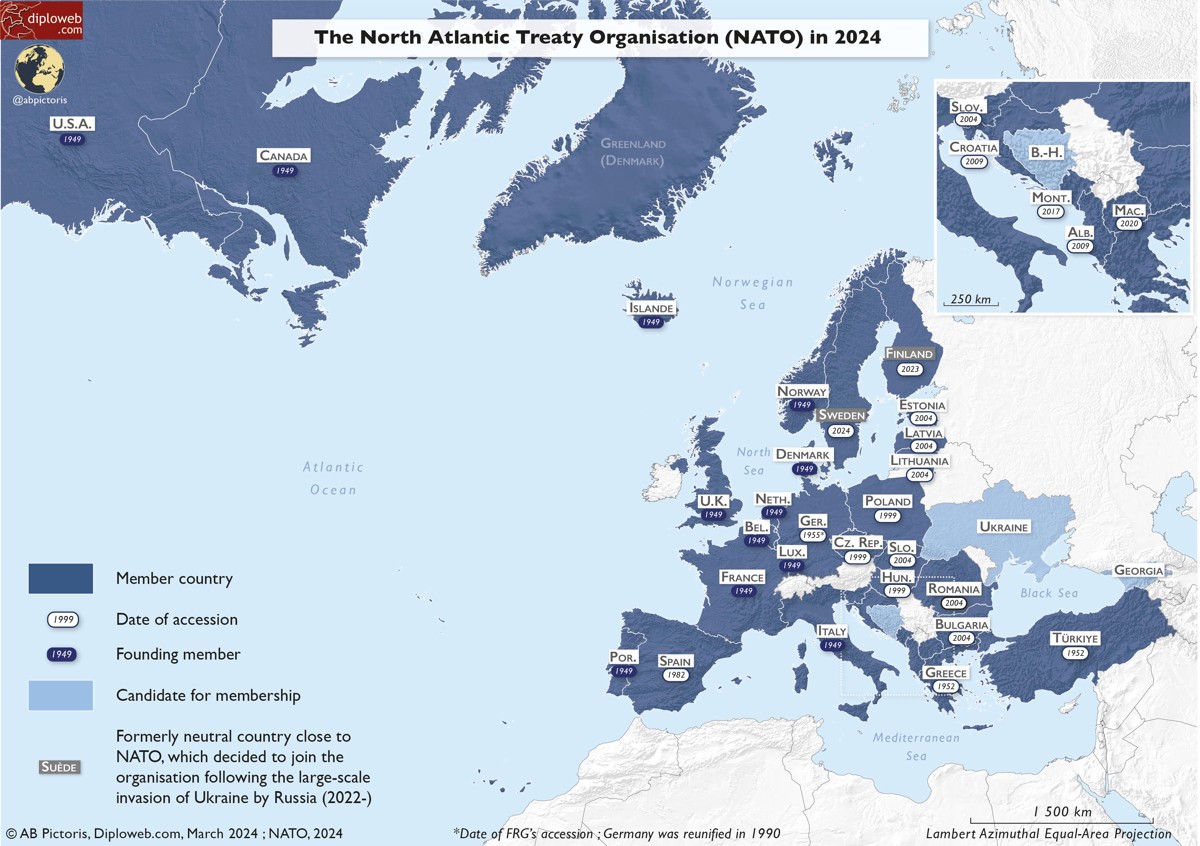![[MODPOST] map of the world 2025 : r/worldpowers](https://preview.redd.it/powfdb0dimd71.png?auto=webp&s=b3b8d031b6ecebcc9b61d7170963b895676d9132)
As the world stands at the cusp of a new decade, the North Atlantic Treaty Organization (NATO) is poised to face unprecedented challenges that will test its resilience, unity, and strategic prowess. The year 2025 promises to be a pivotal moment for the alliance, marked by uncertainty, divisions, and strategic shifts that will redefine its role in global geopolitics. In this article, we will delve into the complexities of NATO's future, exploring the factors that will shape its trajectory and the implications for international security.
Uncertainty and Divisions
The NATO alliance has long been a cornerstone of European and transatlantic security, but it is now grappling with internal divisions and external pressures that threaten its cohesion. The rise of nationalist and populist movements within member states has created fissures, with some countries questioning the alliance's relevance and value. The United States, a founding member and traditional leader of NATO, has also expressed concerns about the burden-sharing and commitment of its European allies, straining the transatlantic bond.
Furthermore, the ongoing conflict in Ukraine and the annexation of Crimea by Russia have exposed deep-seated differences within NATO on how to respond to Moscow's assertive behavior. While some member states advocate for a tougher stance, others prefer a more diplomatic approach, highlighting the challenges of achieving consensus in the face of complex security threats.
Strategic Shifts
In response to the evolving security landscape, NATO is undergoing a significant strategic shift, prioritizing innovation, adaptation, and cooperation. The alliance is investing in emerging technologies, such as artificial intelligence, cybersecurity, and space-based capabilities, to enhance its military effectiveness and stay ahead of potential adversaries. Additionally, NATO is strengthening its partnerships with like-minded countries and organizations, including the European Union, to foster a more integrated and cooperative approach to security.
The NATO 2030 initiative, launched in 2020, aims to ensure the alliance's long-term relevance and effectiveness, focusing on areas such as collective defense, crisis management, and cooperative security. This initiative recognizes the need for NATO to adapt to new challenges, including terrorism, migration, and climate change, while maintaining its traditional role as a deterrent against conventional threats.
Implications for International Security
The future of NATO in 2025 will have far-reaching implications for international security, influencing the stability of the Euro-Atlantic area and beyond. A strong, united, and adaptable NATO will remain essential for deterring aggression, managing crises, and promoting cooperative security. However, if the alliance fails to address its internal divisions and external challenges, it risks becoming less effective, potentially creating power vacuums that could be exploited by rival powers.
As the global security landscape continues to evolve, NATO must navigate the uncharted territory of great power competition, technological disruption, and shifting alliances. By embracing innovation, strengthening partnerships, and reaffirming its commitment to collective defense, NATO can ensure its continued relevance and effectiveness, providing a foundation for stability and security in an increasingly uncertain world.
In conclusion, NATO's future in 2025 is marked by uncertainty, divisions, and strategic shifts. As the alliance navigates this complex landscape, it must prioritize unity, adaptation, and cooperation to remain a cornerstone of international security. By doing so, NATO can continue to play a vital role in shaping the global security environment, promoting stability, and protecting the values and interests of its member states.
![[MODPOST] map of the world 2025 : r/worldpowers](https://preview.redd.it/powfdb0dimd71.png?auto=webp&s=b3b8d031b6ecebcc9b61d7170963b895676d9132)

